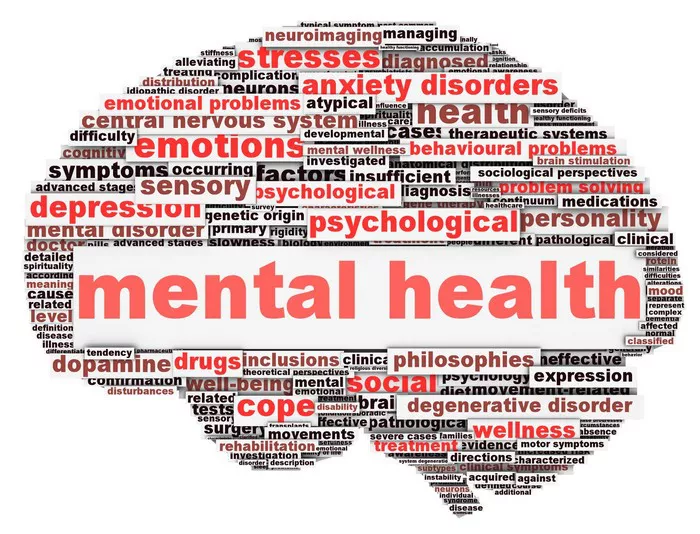An analysis of calls to Tele-Manas, India’s toll-free mental health helpline, reveals that the most common concern among callers is related to disturbances in their sleep cycle. Since its launch in October 2022, Tele-Manas has handled over 350,000 calls from citizens nationwide.
Key Findings
According to a government assessment report released on Thursday, the complaints received on Tele-Manas highlight the following key issues:
Sleep Disturbances: 14% of the calls reported issues with sleep cycles.
Mood Disturbances: 14% of callers expressed feelings of sadness.
Stress-Related Complaints: 11% reported stress as a primary concern.
Anxiety: 9% of complaints were associated with anxiety issues.
Overall, less than 3% of the total complaints were identified as related to suicide, indicating a focus on other mental health challenges.
Demographics of Callers
The report also highlights the demographics of the callers, noting that:
Gender: 56% of the callers are male.
Age Group: 72% of the callers fall within the 18-45 age range.
Case Example
A notable case from the report involved a 20-year-old female student who reached out to Tele-Manas for assistance with her sleep disturbances. Her situation revealed that living in a hostel with friends contributed to a disordered sleep cycle, largely due to excessive use of her cellphone and laptop.
Conclusion
Officials indicate that the overall profile of the calls received on Tele-Manas suggests that the majority of complaints pertain to common mental disorders. This underscores the importance of addressing sleep disturbances and other mental health issues, particularly among the younger population in India. The findings highlight the need for increased awareness and resources to tackle these prevalent mental health challenges.
You Might Be Interested In:
-
Placental Changes Linked to Increased Asthma and Allergy Risk in Children, Study Finds
-
Breast Milk Antibodies Linked to Enhanced Protection Against Rotavirus in Infants
-
Maternal Serum Folate Levels During Pregnancy Linked to Congenital Heart Disease Risk

